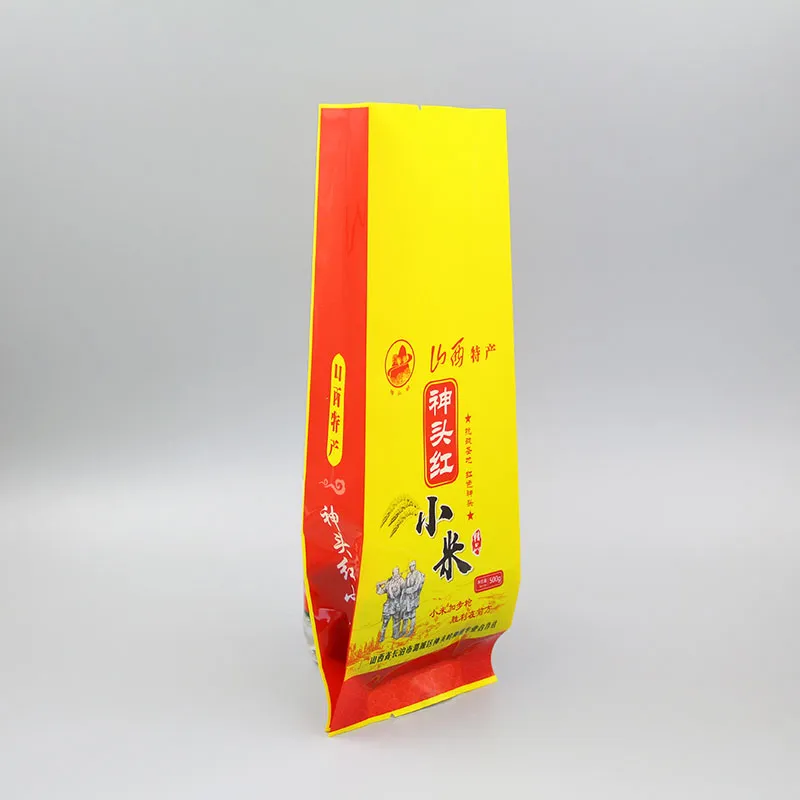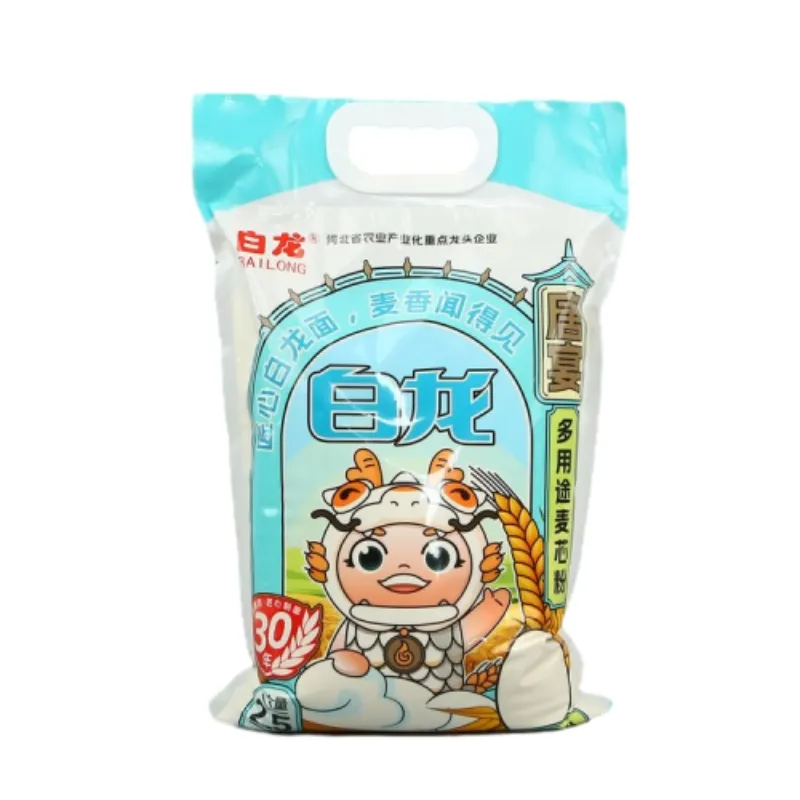Aluminium lined bags have become an essential part of packaging solutions across various industries, lauded for their unique properties that ensure the preservation and protection of products. Understanding the nuanced benefits and applications of these bags is crucial for businesses aiming to enhance product longevity, quality, and customer satisfaction.

Aluminium lined bags are constructed using a dual-layer approach. The inner aluminium layer acts as a robust barrier to light, moisture, and other environmental factors, while the outer layer, typically made of durable plastics or paper, provides structural strength and additional protection. This combination not only enhances the bag’s protective capabilities but also its versatility across different applications.
One of the most significant benefits of aluminium lined bags is their superior barrier properties. Aluminium's inherent reflective nature makes these bags exceptionally effective at preventing the intrusion of ultraviolet light, which can degrade or alter the quality of sensitive contents, such as pharmaceuticals and certain food products. By blocking out UV light, aluminium lined bags play a critical role in maintaining product efficacy and safety.

In addition to UV protection, aluminium lined bags offer an impermeable barrier to oxygen and moisture, which are common culprits in the spoiling of goods. Items like coffee, snacks, and baked goods, which are highly susceptible to oxygen-induced rancidity, benefit immensely from the use of these bags. The barrier also helps retain aroma and flavor, crucial for maintaining consumer trust and preserving brand loyalty.
From a professional standpoint, the use of aluminium lined bags in industries such as pharmaceuticals is based on rigorous standards. Companies must adhere to stringent regulations that dictate the types of materials suitable for drug storage and transport. Aluminium’s inert nature makes it a top choice in this sector, providing a non-reactive layer that ensures medication remains untainted from production to delivery.
aluminium lined bags
In terms of environmental impact, while aluminium lined bags pose recycling challenges due to their composite nature, innovations in recycling technology are paving the way for sustainable options. Companies are exploring methods to separate the aluminium layer from other materials, allowing both components to be recycled efficiently. Additionally, the durability and protection offered by these bags often reduce product waste, indirectly contributing to environmental sustainability.
Trust in the application of aluminium lined bags is further reinforced by their consistent performance in extreme conditions. Whether it is the high humidity of tropical climates or the frigid temperatures of transportation logistics, these bags maintain their integrity, ensuring that contents remain unaffected by external environmental variations. This reliability is invaluable to industries reliant on stable conditions for product efficacy.
The expertise involved in crafting aluminium lined bags also extends to consumer convenience. Many are designed with customer-friendly features such as resealable zippers, tear notches, and easy-open pull-tabs. These components not only enhance user experience but also promote product freshness by allowing the package to be sealed tightly after opening.
For businesses considering the adoption of aluminium lined bags, understanding supplier reliability and manufacturing standards is essential. Working with suppliers who have a proven track record in quality assurance ensures that the bags meet necessary standards and regulations. This decision positions businesses to offer products that consistently meet consumer expectations for quality and safety.
In conclusion, the advantages of aluminium lined bags span from unparalleled product preservation to enhancing brand reputation through reliable packaging. As industries continue to evolve, the demand for such advanced packaging solutions will undoubtedly increase, positioning aluminium lined bags as an indispensable tool for businesses aiming to maintain competitive advantage and fulfill consumer demand for quality and sustainability.